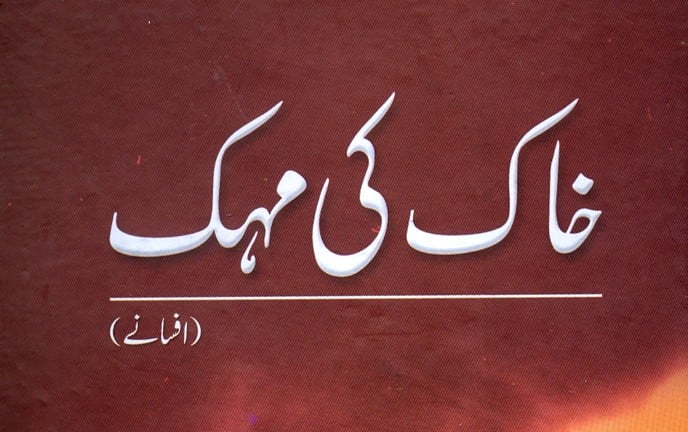
A debut that turns out to be a genre-defying work of a superb and fertile mind

Nasir Abbas Nayyar, an established critic of Urdu literature, has published his first book of short stories. I had kept putting off reading his literary criticism but his fiction seemed a little more tempting to be kept aside for later. To be honest, I began reading with a predisposed mind, not expecting a serious work of fiction from a critic. However, story after story turned out to be genre-defying work of a superb and fertile mind. The stories do not just keep the readers engaged, they do a lot more.
The stories are conceived in the mind and that’s where they mostly reside. The conflict is expressed less in action or emotion and more in how it is resolved in the mind of the protagonist. There are intense intellectual exchanges, often with the self, sometimes leading to a reformation of sorts. Yet, no definitive conclusions are drawn and the narrative exists in the grey. Some stories seem to have sudden Manto-esque endings but with aims different from Manto’s.
The writer promises these stories will be rooted in the soil, by choosing Khaak Ki Mehek as the title as also the dedication "To the patch of dust whose smell led to the creation of these stories".
Most of them are set in rural Punjab but not all; the village itself is not wholly pristine and one that has been substantially intruded into by the urban way of life. The themes are both contemporary and eternal -- life, death, violence, killings in the name of honour, murders, morality, religion, class, prejudices.
There is a certain method in the order of placement of stories. The first one ‘Kahani ka Koh-i-Nida’ sets the tone of what to expect in the next set of stories. Using the technique of story within a story, it starts in a classroom conversation between a teacher and his students on questions like what makes a story, whether it needs to be true or not and what is truth after all. At one point, the teacher interjects, "The biggest magic of a story lies in how it tickles your curiosity and closes the possibility of questioning. In criticism, you experience critical thinking; new questions arise. In stories you are always curious to know as to what happened next…"
The next three stories establish Nayyar’s complete control and mastery over the material in hand, though as said earlier the action remains subservient to intellect. The story to which the book owes its title is about an imam of a mosque turning into a short story writer. This could probably be read as the author’s own journey from belief to questioning, the sudden realisation of the power of written word, the sheer joy and possibilities opened by acts of reading and writing. The sticklers for facts may be shocked at how he deconstructs the mystery of Nasim Hijazi by saying he instils nothing short of ecstasy in his readers.
Read also Nasir Abbas Nayyar’s interview : "I wanted to achieve some kind of subversion"
Having read the first four, I thought it was still a male voice. Till I read ‘Haan yeh bhi Roshni hai’. Here, an active woman’s voice enters and argues convincingly with the man’s and almost wins the argument. The man in question is no ordinary male: it’s Buddha whose search for gyan (enlightenment) comes in conflict with prem (love), his wife to whom he has returned after 12 years (both husband and wife remain unnamed).
"Why do you assume your gyan/knowledge is complete … You spent twelve years in the jungle, I too spent them in this ‘prison’ … You opted for the entire universe leaving me here. Did you think I could also aspire for the journey you selected for yourself? You too thought that a woman has no soul? Does a woman in her solitude not think -- why is there sorrow, ageing and death in the world? You assume your brain [khoprri] is bigger than mine but your heart isn’t? Would you still go to the jungle if you had a womb [kokh]?" she asks and asks.
Also read: Precious moments
‘Jhoot ka Festival’ is another interesting story that achieves so much in a span of a few pages. On the face of it, it’s a satiric take on the ubiquitous literary festivals and yet it also celebrates the act of lying, its connection with weaving of stories and how it pushes the limits of our imagination. It harks back to the oral tradition our villages were so known for.
And then there are very short pieces at the end which he chooses to call ‘Hikayaat-e-Jadeed-o-Maba’ad Jadeed’. The first one ‘Bishen Singh mara nahin’ reinforces the immortality of Manto’s story ‘Toba Tek Singh’ by bringing to life its protagonist and showing him how life has evolved, or worsened, in this patch of land since then. The next three stories in the section make use of magic realism as a postmodern technique with startling effect.
Nasir Abbas Nayyar’s book is a refreshing addition to the corpus of Urdu short story and one wouldn’t hesitate to suggest he should, henceforth, focus his attention to fiction.